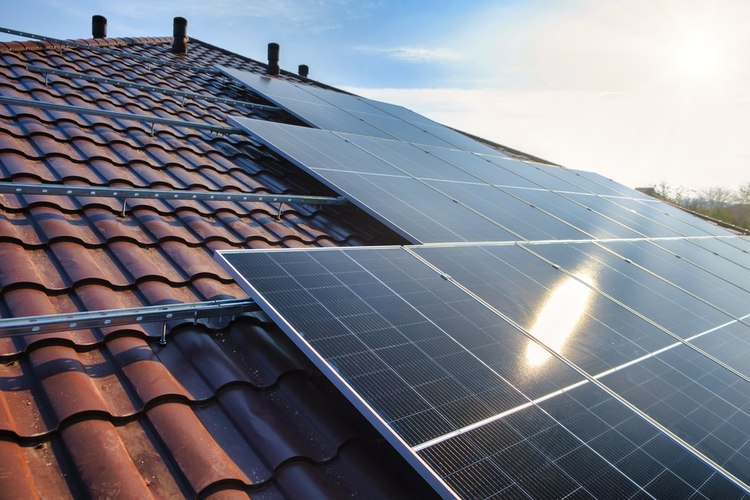Solar-Powered Air Conditioning: A Sustainable Home Cooling Solution
As temperatures rise and energy costs soar, homeowners are increasingly looking for efficient and eco-friendly ways to keep their homes cool. Solar-powered air conditioning systems have emerged as an innovative solution that combines renewable energy with home comfort. This technology harnesses the power of the sun to provide cooling, offering a sustainable alternative to traditional air conditioning units.

There are two main types of solar air conditioning systems: solar thermal and solar electric. Solar thermal systems use solar collectors to heat a fluid, which then powers an absorption chiller to cool the air. Solar electric systems, on the other hand, use PV panels to generate electricity that runs a standard compressor-based air conditioner.
What are the benefits of solar air conditioning for homes?
One of the primary advantages of solar-powered air conditioning is the potential for significant energy savings. By using the sun’s free energy to cool your home, you can dramatically reduce your reliance on grid electricity and lower your monthly utility bills. This is especially beneficial during peak summer months when air conditioning usage and electricity rates are typically at their highest.
Additionally, solar air conditioning systems contribute to a reduced carbon footprint. By utilizing clean, renewable energy, homeowners can decrease their greenhouse gas emissions and play a part in combating climate change. This eco-friendly approach to home cooling aligns with growing environmental consciousness and sustainable living practices.
Are solar panels suitable for all homes?
While solar panels can be an excellent investment for many homeowners, their suitability depends on several factors. The orientation and pitch of your roof, the amount of sunlight your property receives, and local climate conditions all play a role in determining the effectiveness of a solar installation.
Homes with south-facing roofs that receive ample sunlight throughout the day are typically ideal candidates for solar panels. However, advances in solar technology have made it possible for homes with less-than-optimal conditions to still benefit from solar energy. It’s essential to have a professional solar assessment conducted to determine if your home is suitable for solar panels and to estimate the potential energy production.
How do solar air conditioning systems impact home energy efficiency?
Integrating solar air conditioning into your home can significantly enhance overall energy efficiency. By generating clean electricity on-site, you reduce transmission losses associated with grid power. This localized energy production is not only more efficient but also contributes to a more resilient and distributed energy network.
Furthermore, many solar air conditioning systems come with smart controls and energy management features. These allow homeowners to optimize their energy usage by scheduling cooling times, adjusting temperature settings, and even storing excess energy in batteries for use during non-sunlight hours or cloudy days.
What is the cost of installing a solar-powered air conditioning system?
The cost of installing a solar-powered air conditioning system can vary widely depending on factors such as the size of your home, the type of system chosen, and local installation costs. While the initial investment may be higher than traditional air conditioning units, it’s important to consider the long-term savings on energy bills and potential government incentives.
| System Type | Estimated Cost Range | Potential Annual Savings |
|---|---|---|
| Solar Electric AC (3-5 ton capacity) | $15,000 - $30,000 | $1,000 - $2,500 |
| Solar Thermal AC (3-5 ton capacity) | $20,000 - $40,000 | $1,200 - $3,000 |
Prices, rates, or cost estimates mentioned in this article are based on the latest available information but may change over time. Independent research is advised before making financial decisions.
It’s worth noting that many jurisdictions offer tax credits, rebates, or other incentives for installing solar energy systems, which can significantly offset the initial costs. Additionally, the long-term energy savings and increased home value can make solar air conditioning a worthwhile investment for many homeowners.
Conclusion
Solar-powered air conditioning represents a significant step forward in sustainable home cooling technology. By harnessing the sun’s energy to keep our homes comfortable, we can reduce our environmental impact while potentially saving money on energy costs. As solar technology continues to advance and become more accessible, it’s likely that we’ll see an increasing number of homes adopting this eco-friendly cooling solution.






